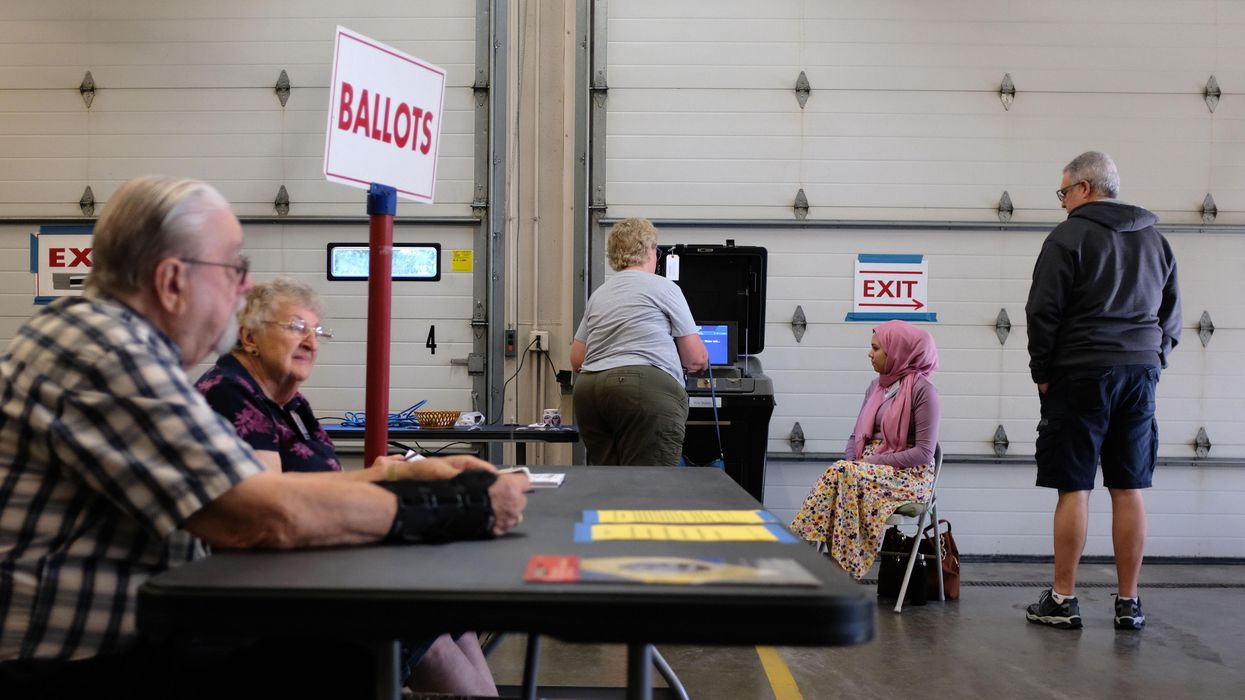Part 1 was published prior to the 2020 election.
Molineaux is co-publisher of The Fulcrum and president/CEO of the Bridge Alliance Education Fund.
Remember to thank your poll workers. If you are part of the vote-in-person community, the poll workers who assist you received training for handling a flow of voters. They also received education to call for help in the case of voter intimidation. I’m one of these poll workers.
Elections are part of our constitutional republic – citizens are responsibility for electing their representatives who govern the nation. Despite what the politics industry and pollsters would have us believe, elections do not feature rival teams where one is a winner and the other a loser. Elections as part of democracy provide a method for moving forward despite our disagreements in priorities, beliefs and level of influence.
More than anything else, our disagreements about the how and what of governance should be founded on an agreement of election integrity. What are our standards for deciding an election has integrity? Or not?
As I received training as a poll worker, I was struck by the apolitical nature of the process itself. Everyone is treated the same. People work in pairs or more, always a check for accountability and witness. The supervisors are available to answer questions. There is no discussion of the candidates, ballot measures or such allowed. Our elections are a sacred process for our democratic republic, if we protect them as such.
Why would someone profane the sacred process of elections to plant seeds of doubt? I propose that conflict profiteers – those people who make a living on dividing us – have ulterior motives. The conflict profiteers primarily seek two things: money and power. They cloak themselves in “ truthiness ” to feed our love of conspiracy theories. And it’s worked.
Conflict profiteers have struck at the core of democracy itself: our elections.
Does voter fraud exist? In very small numbers, yes. The Heritage Foundation database on voter fraud documents 62 election irregularities in 2016. In 2020, there were 17 cases. In the 2020 cases, two were about ineligible voters. The remaining 15 convictions involved forged signatures for ballot measures and other crimes to influence local elections. No evidence of presidential vote interference. None. Zero. Zip. Trump lost the election. It’s time to look forward and give up the nonsense.
It’s up to us, the citizens, to accept our responsibility to restore faith in our elections. To be helpful, to be involved and to administer the election ourselves. Across the nation, election administrators from county offices, their staff and the thousands of volunteers are stepping up. In two weeks’ time, they will dedicate themselves to a free and fair election for the rest of us.
Let’s trust each other to have good intentions. Let us trust, but verify, each action we take as election workers. Our nation depends on us. We must depend on each other.




















Marco Rubio is the only adult left in the room